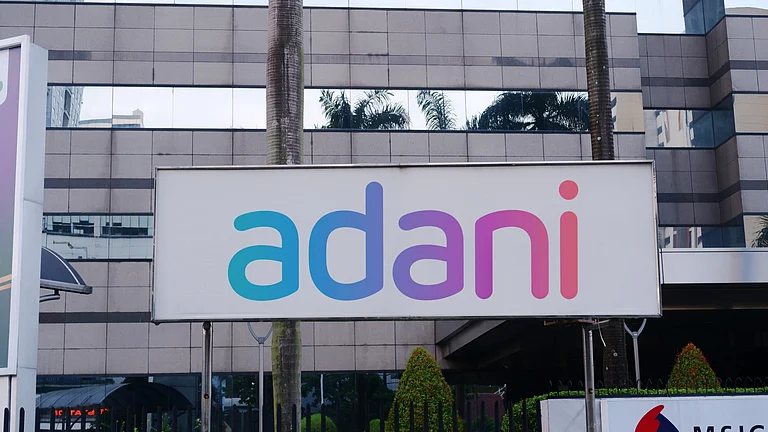An increase of 10 per cent in import freight price will result in a rise of 0.21 percentage point in annual consumer price inflation, according to an article published in RBI's Monthly Bulletin for June.
The article analysed the impact of freight price shocks such as container shortages and the pandemic-related market frictions, on the retail prices through import quantum and wholesale price channels.
It is written by Ripankar Biswas, Savita Pareek and Seema Saggar in the Balance of Payment Statistics Division of the Department of Statistics and Information Management of RBI.
RBI said the views expressed in the article are of the authors and not of the institution.
"Based on the impulse response function, the study estimates that a 10 per cent rise in import freight cost is expected to raise the year-on-year CPI inflation by 0.89 percentage points over the next six quarters before dying down. In particular, 10 per cent rise in import freight price leads to a rise in annual consumer price inflation by 0.21 percentage point," the authors said.
They, however, said this study precedes the recent Russia-Ukraine war and hence do not quantify the impact on the freight costs from further disruptions caused to supply chains.
The softening seen since September 2021, in the transport costs with new capacities coming onstream and economies normalizing, has already started getting constrained by the renewed pressure from the war effects.
"The stretched shipping costs could, therefore, be a new normal for a longer period, contingent largely on easing of geopolitical pressures and appearance of no further pandemic waves." the article said.
The COVID-19 pandemic-induced supply-side disruptions increased transaction costs in many sectors, especially the contact-intensive ones, it said. The associated disruptions had an adverse impact on many activities, exposing weak links.
Global transport of goods was one such segment which has taken time to respond as trade started rebounding after the initial wave of the pandemic, it said.
In line with the sharper recovery in global trade in 2021-22, particularly the imports that recovered and exceeded the pre-Covid-19 levels faster than the exports, the freight costs surged and have remained elevated since the third quarter of 2020-21, the authors said.
This reflects the increasing supply-demand imbalances, market frictions and constrained shipping capacities. These developments impacted logistic charges worldwide, including in India, the article added.


























.jpg?w=200&auto=format%2Ccompress&fit=max)




